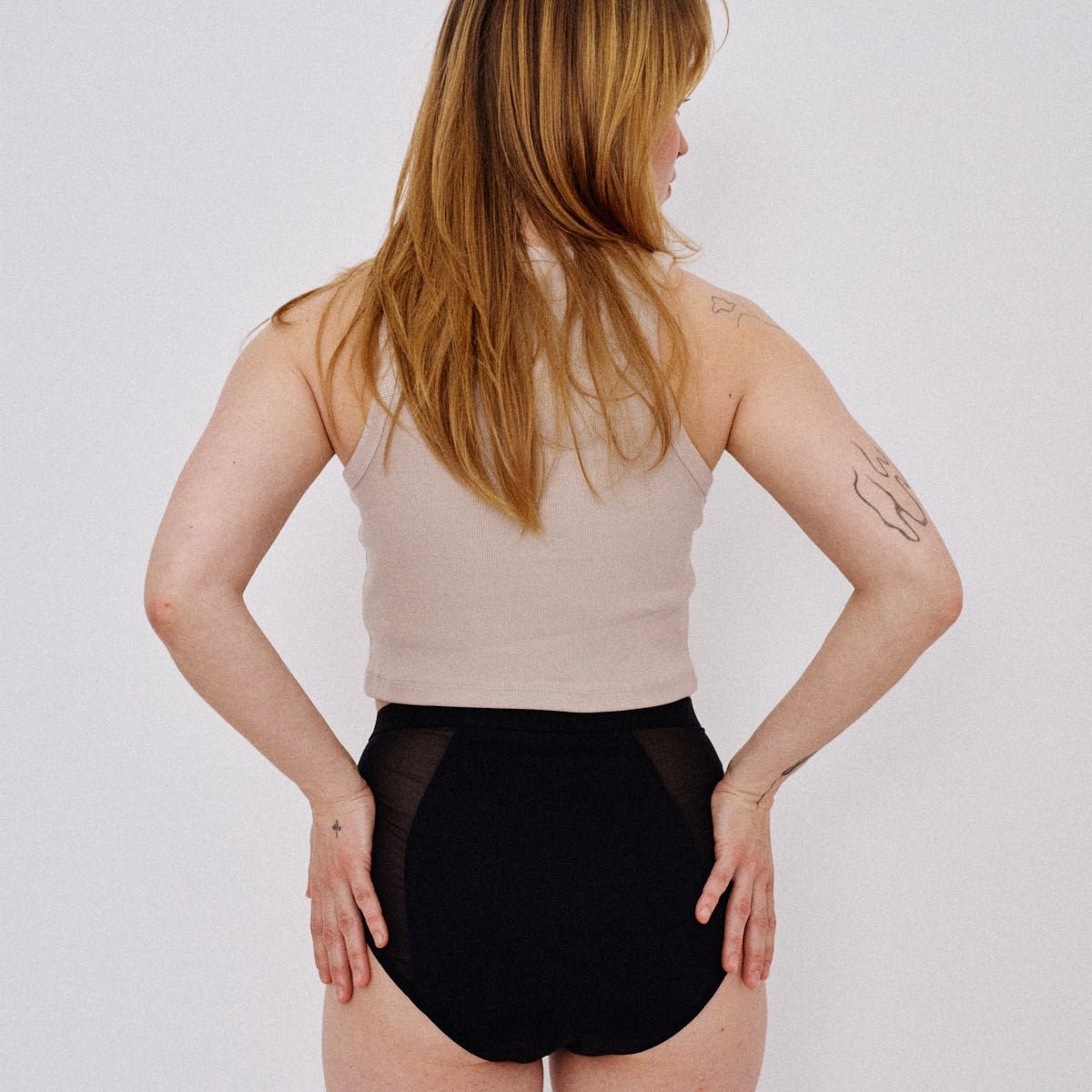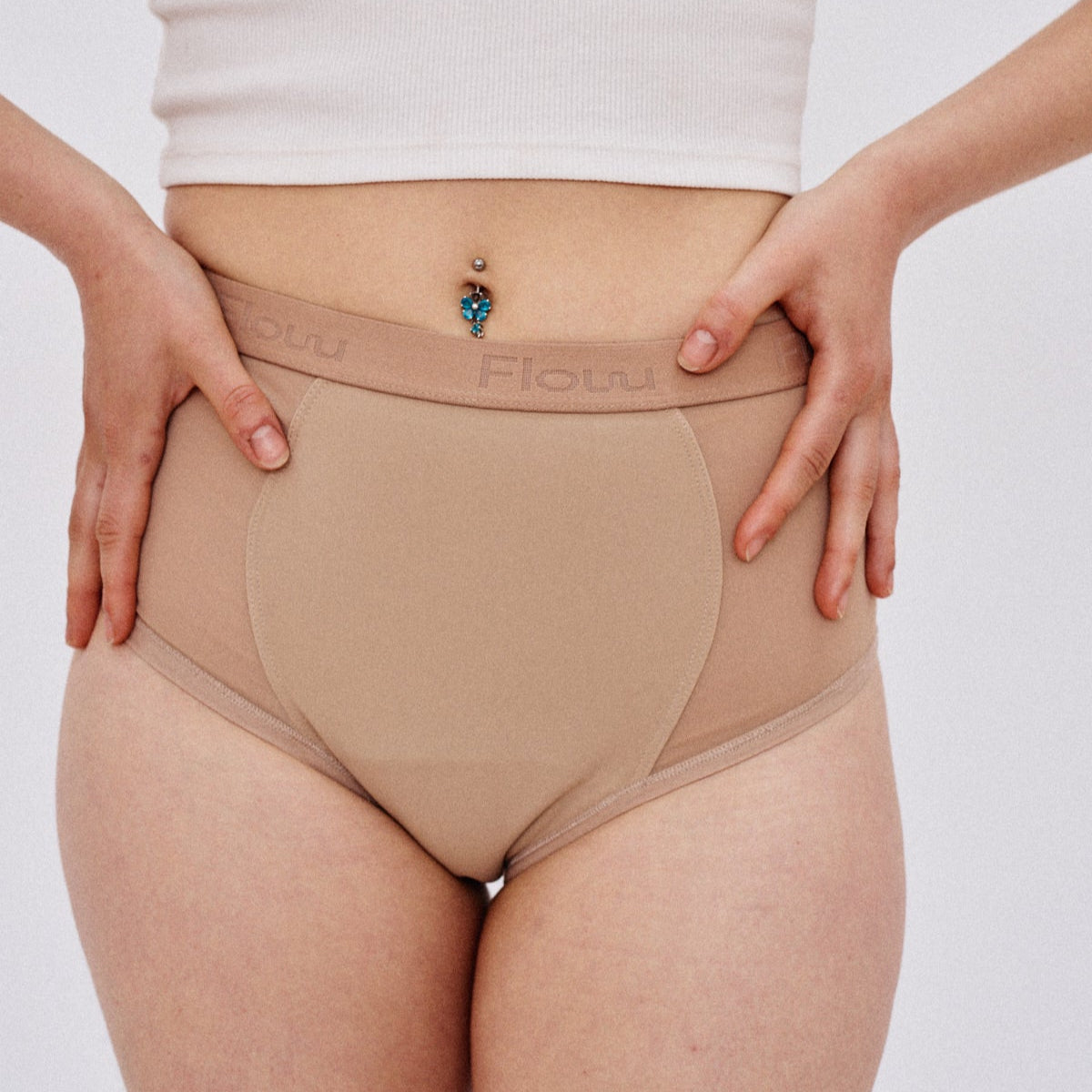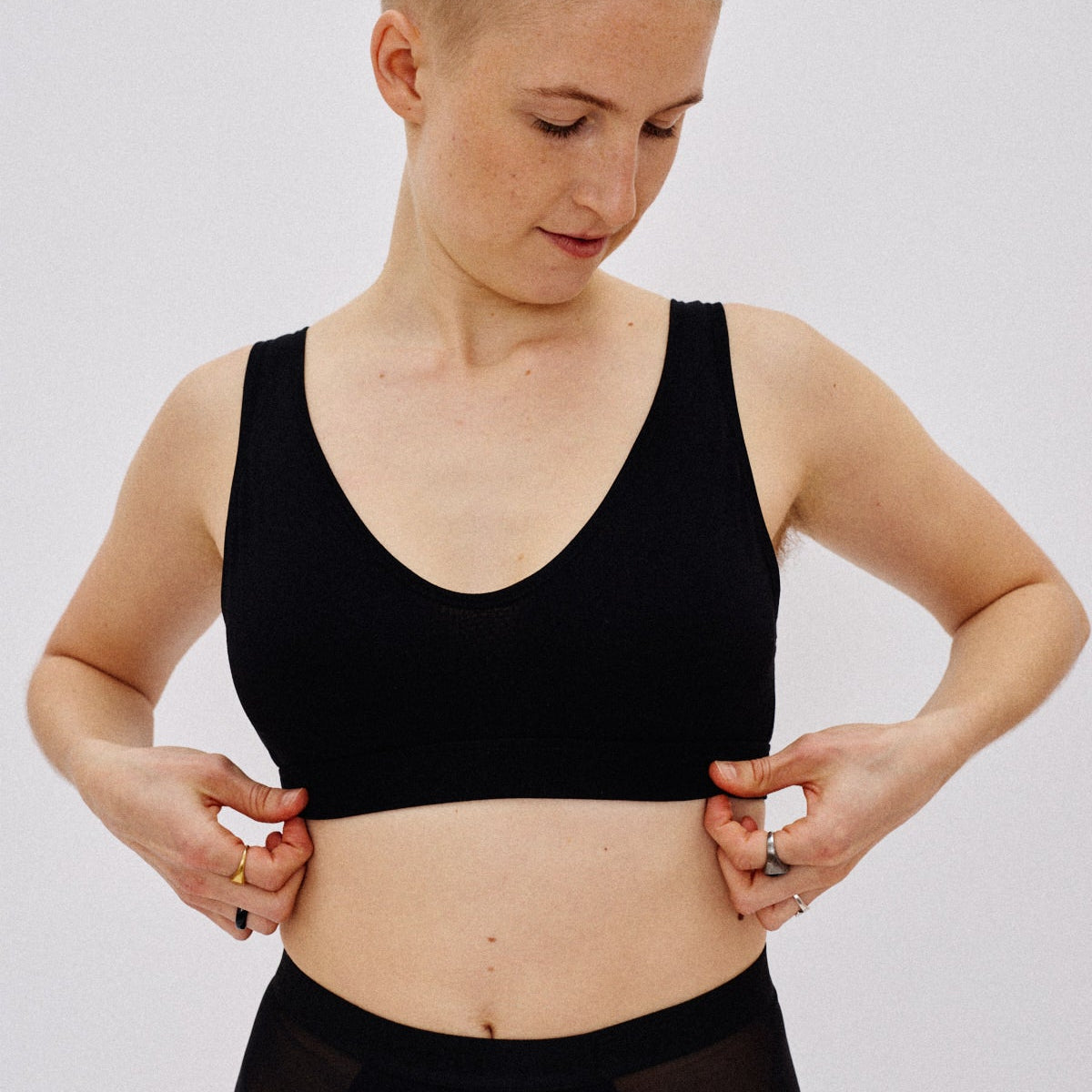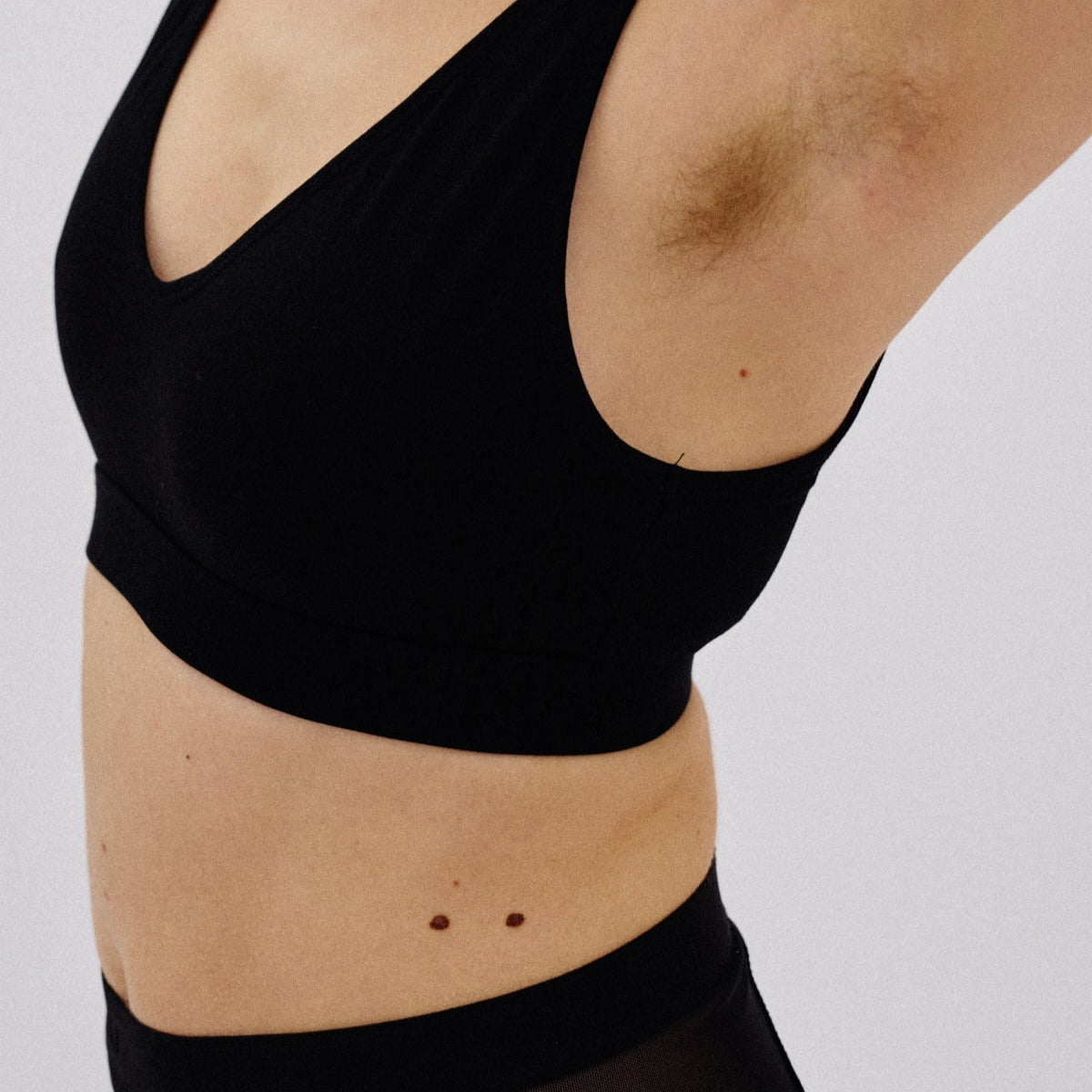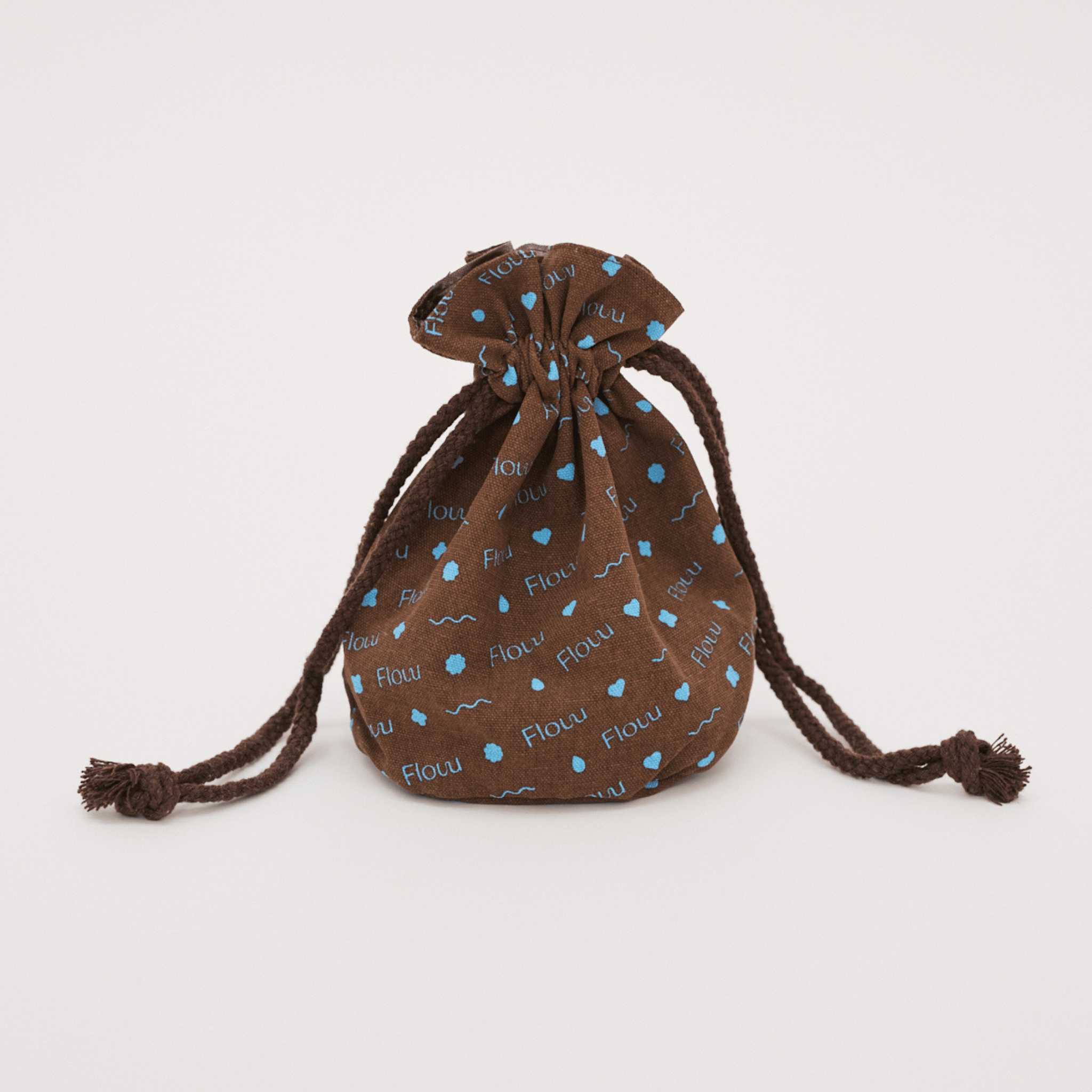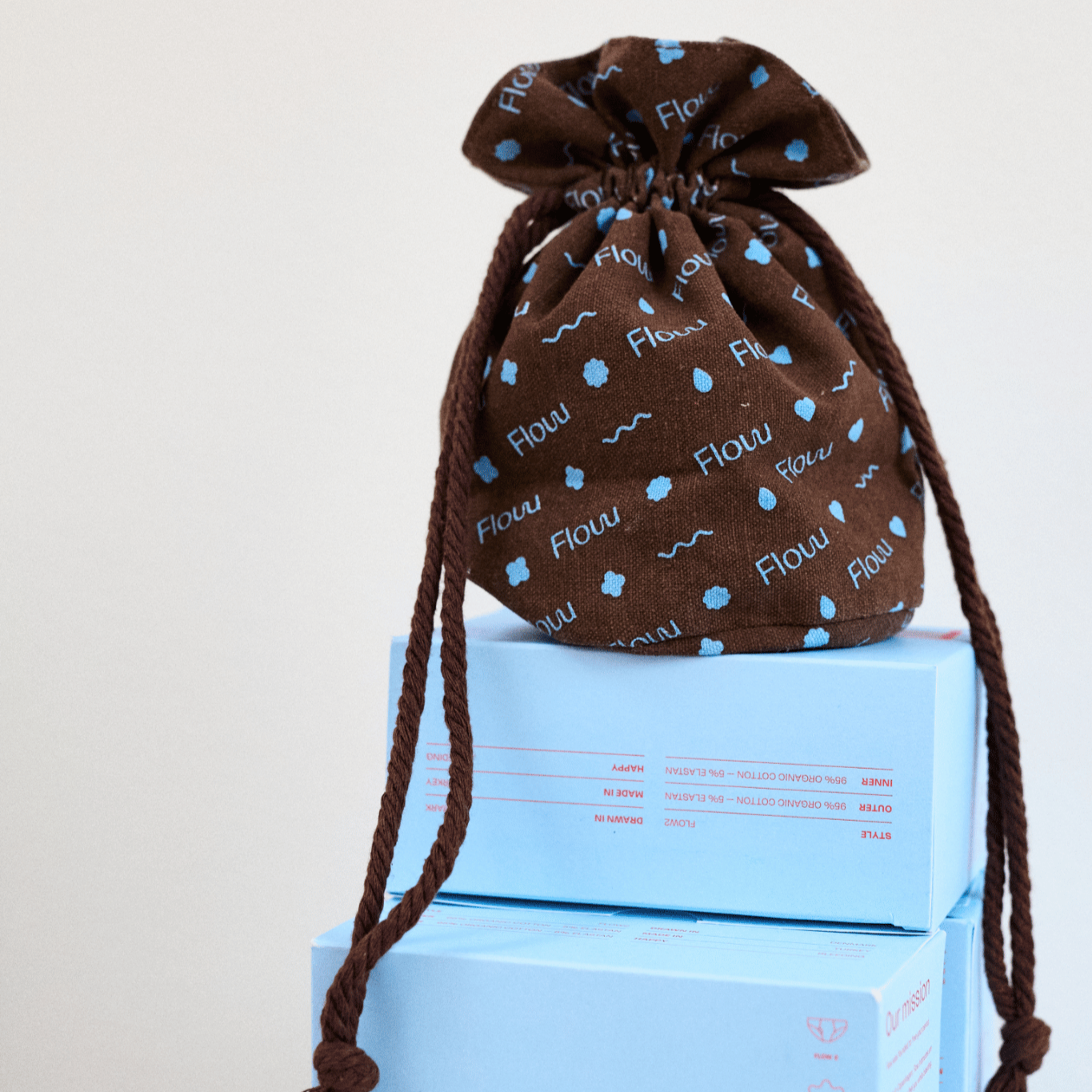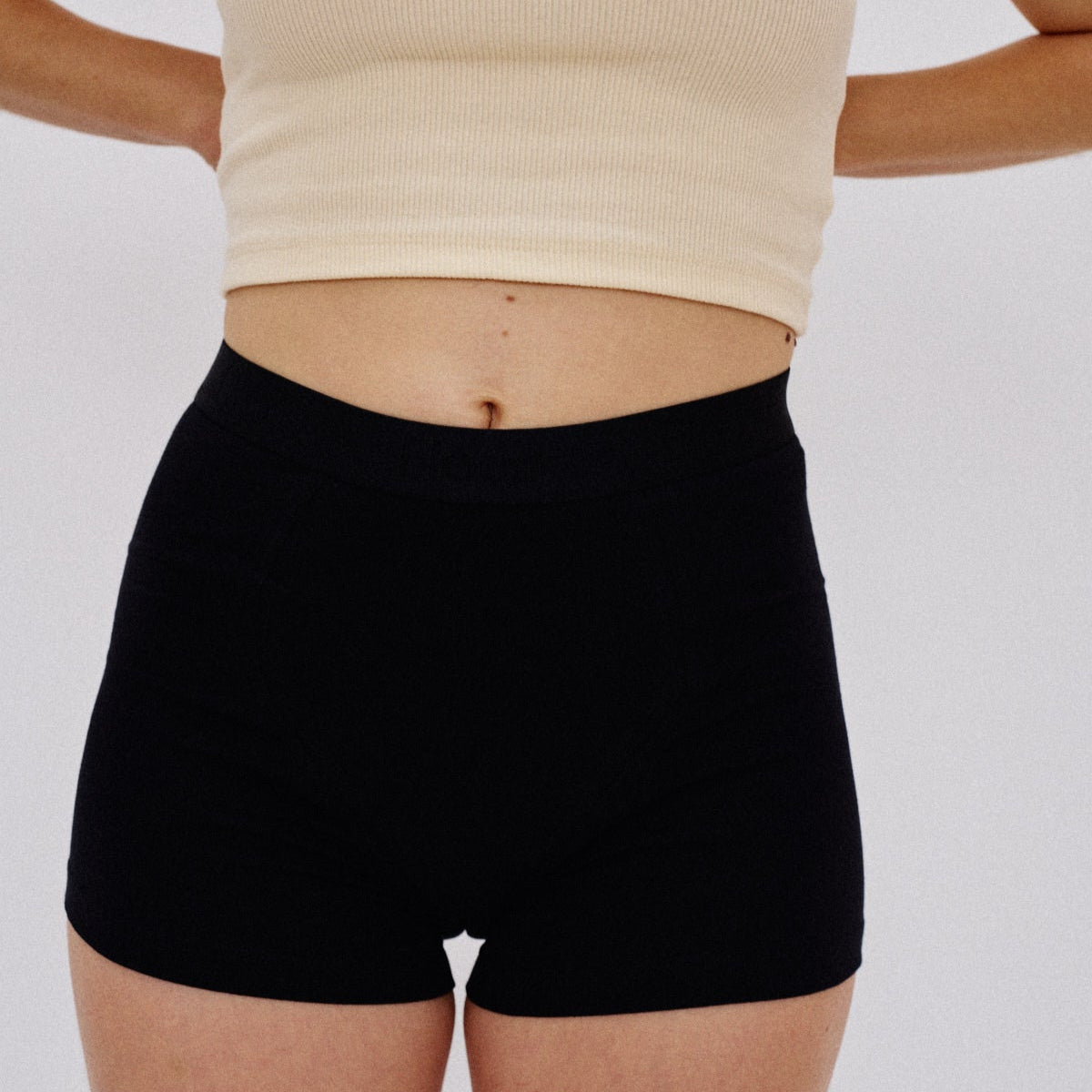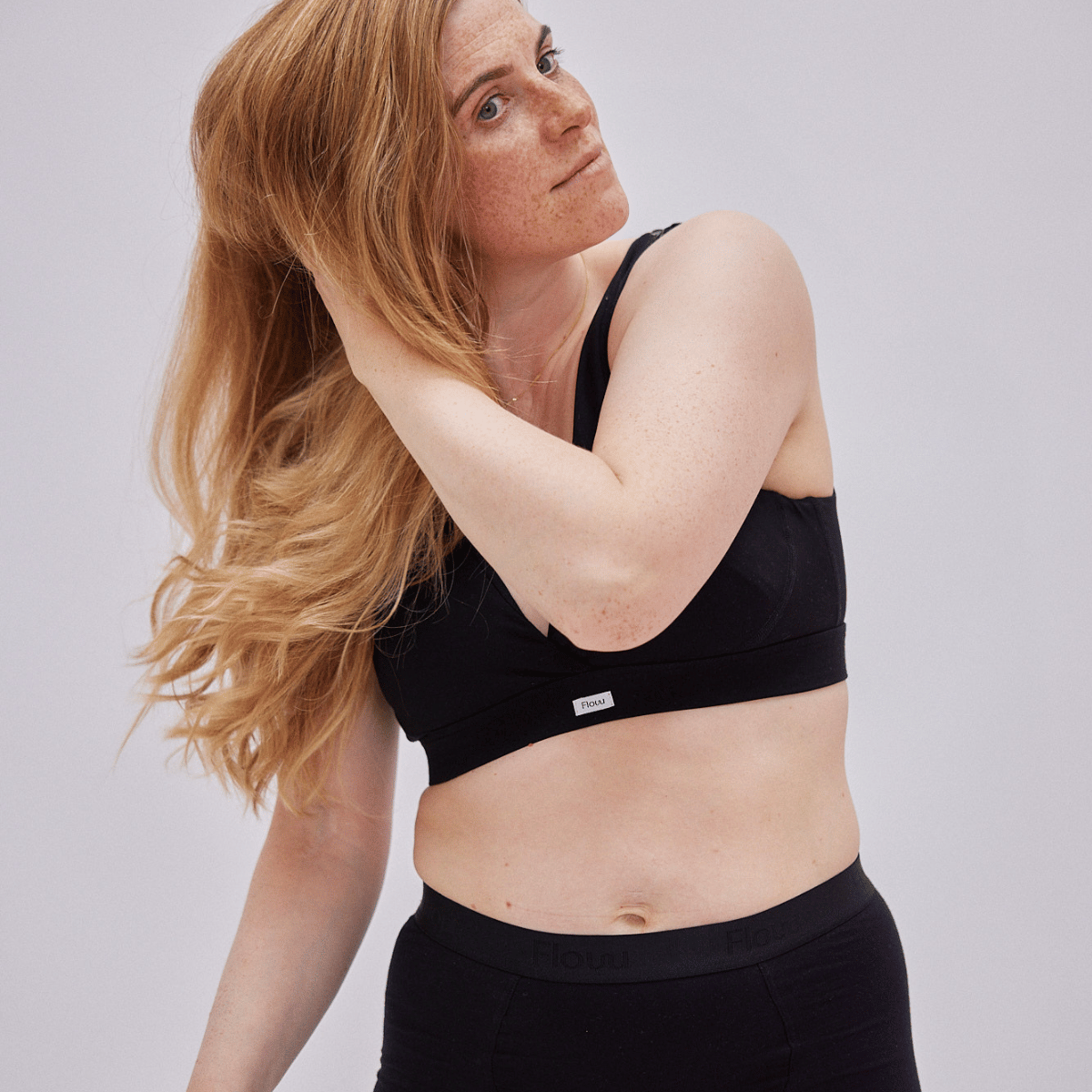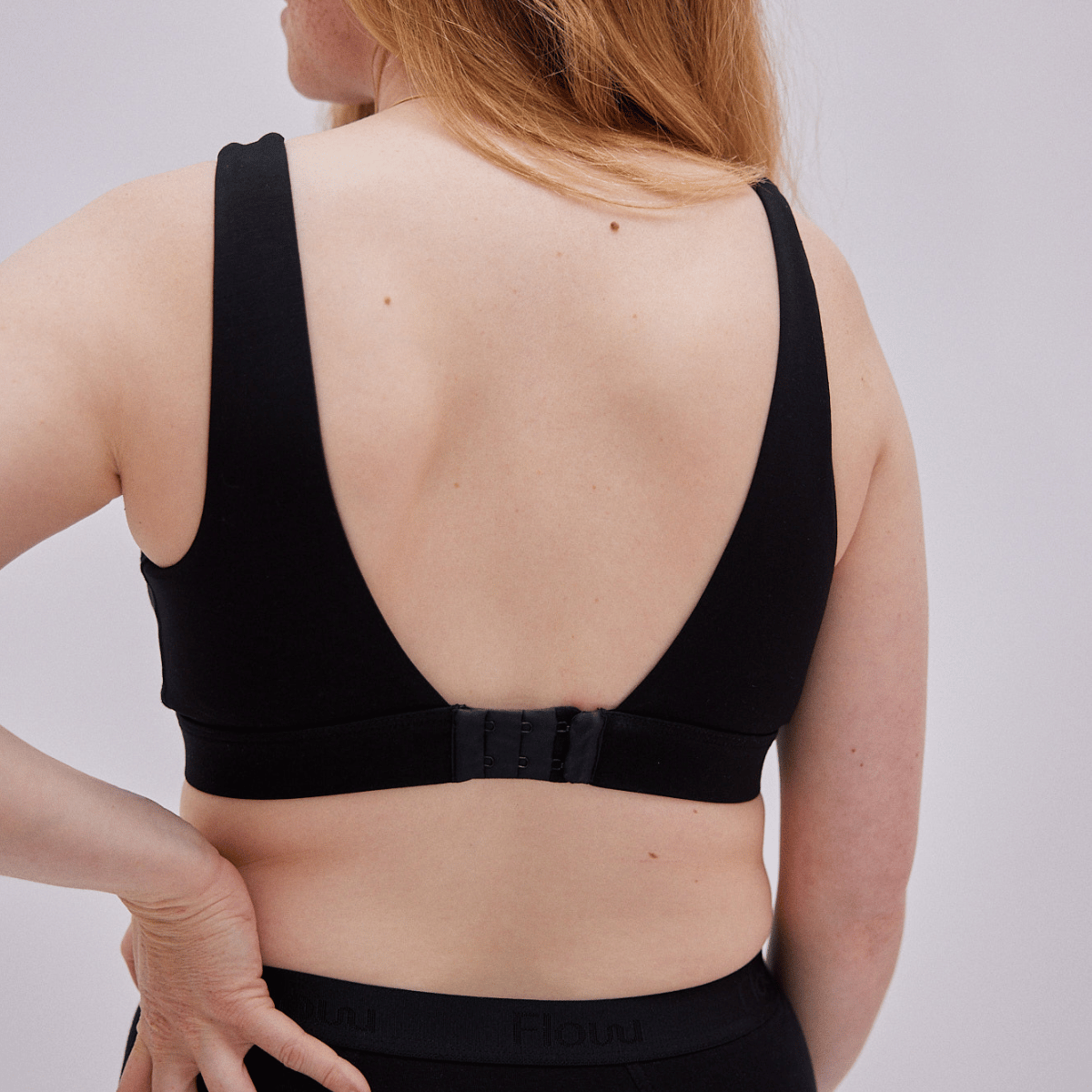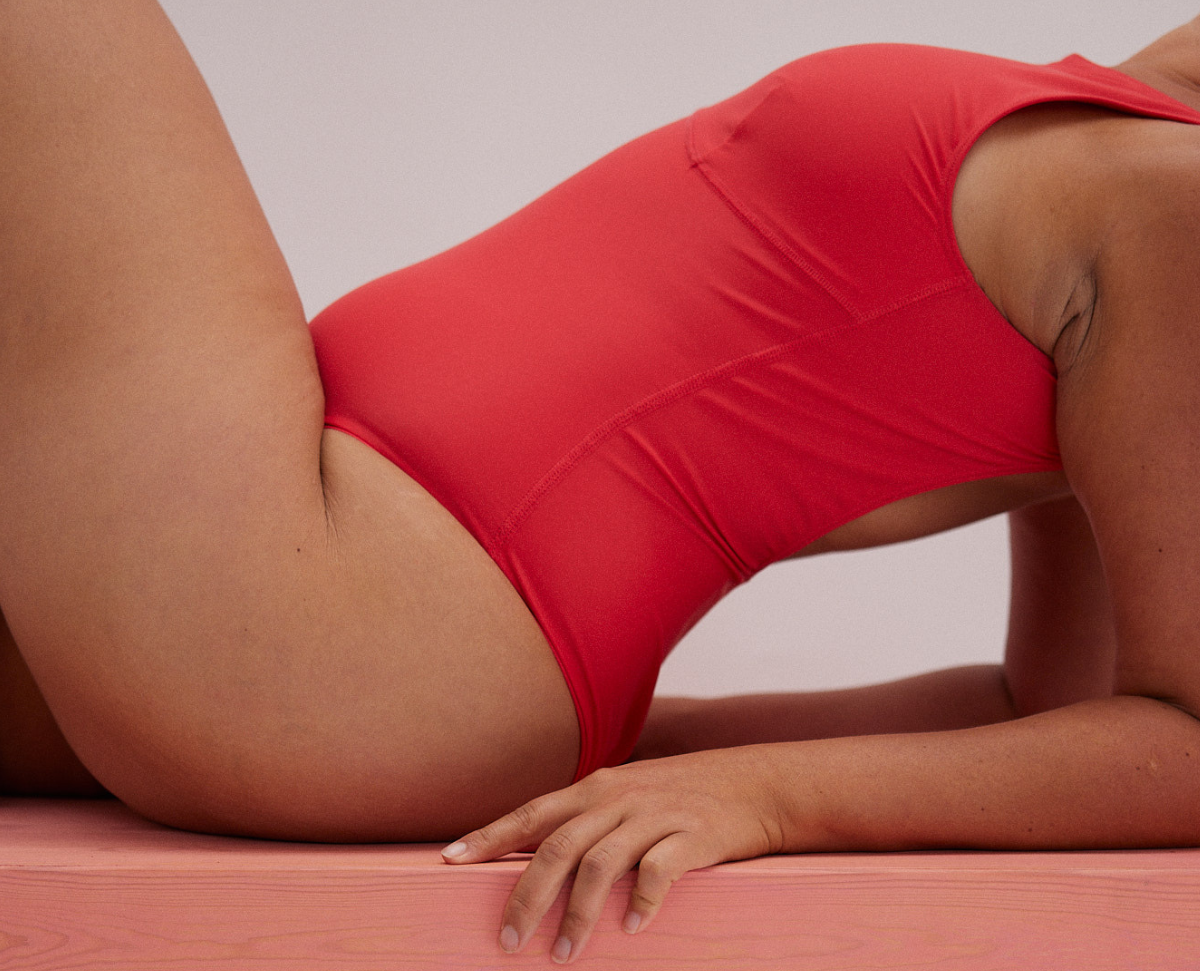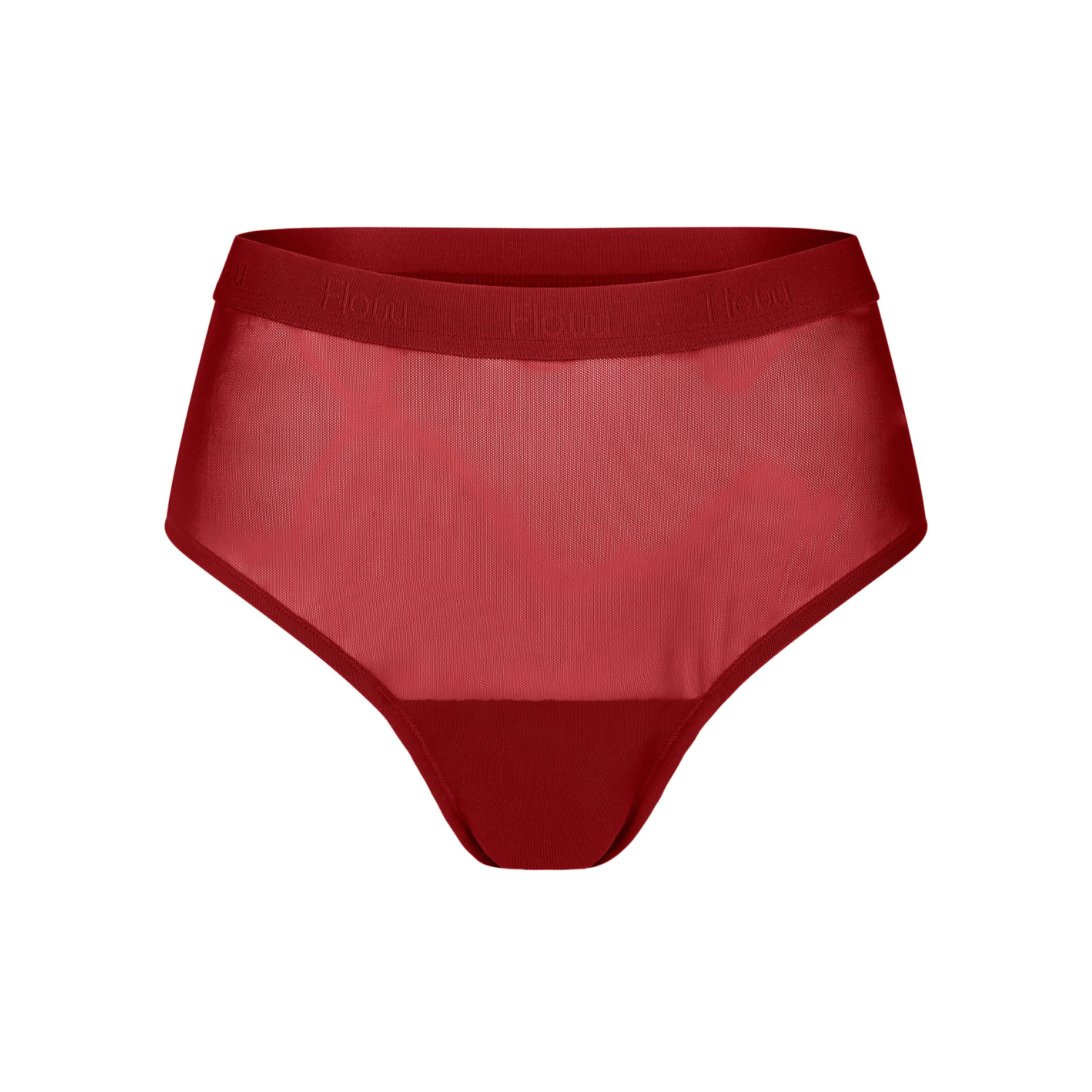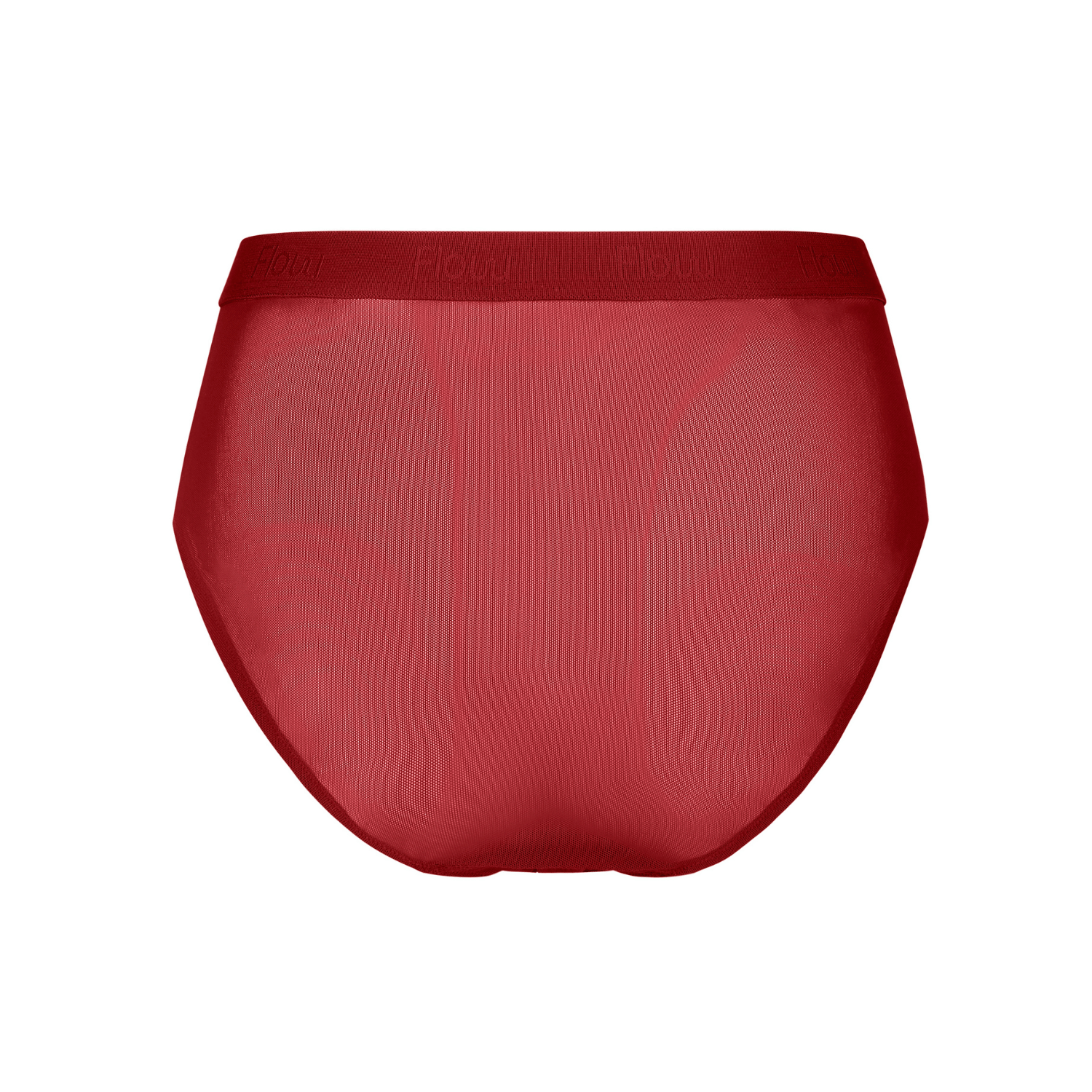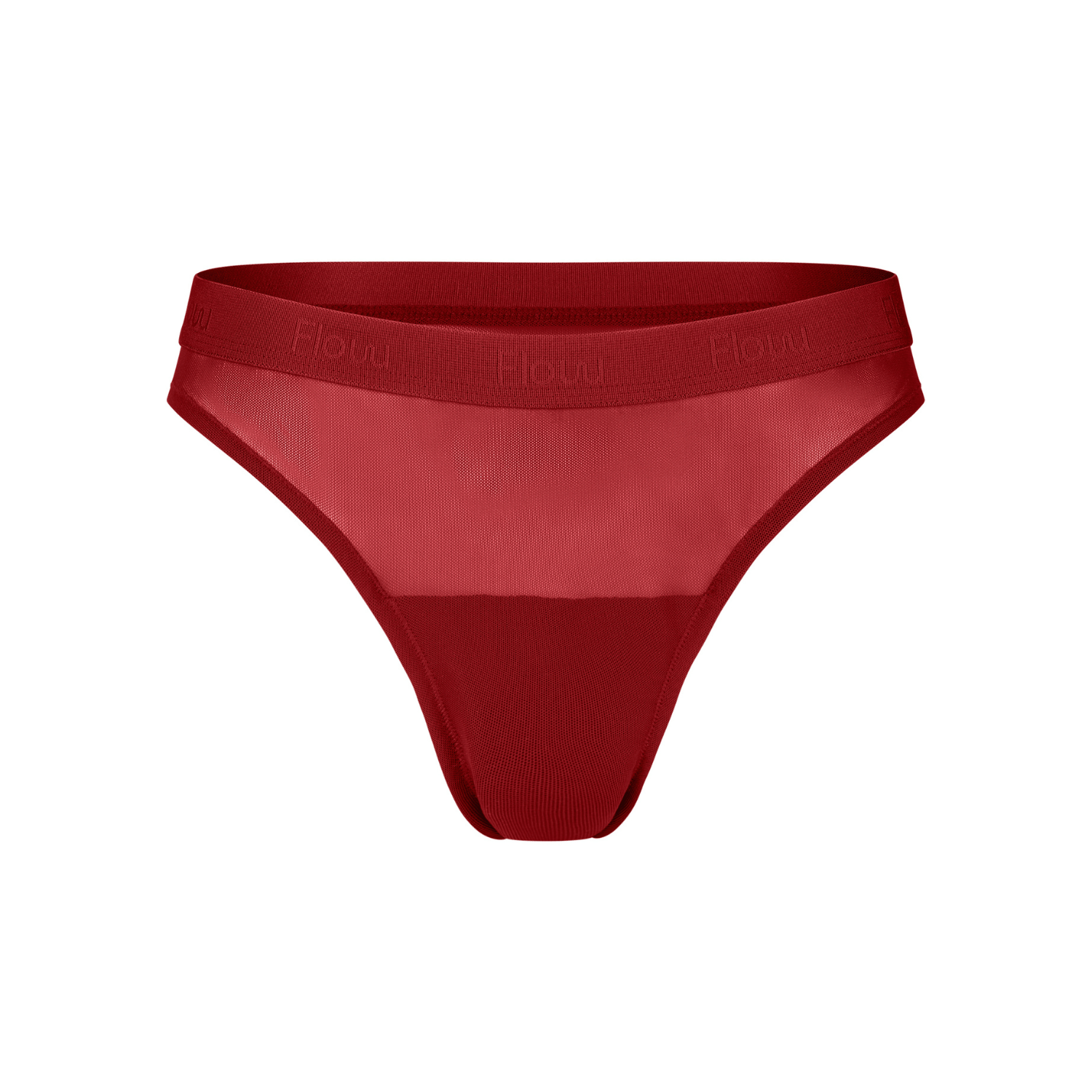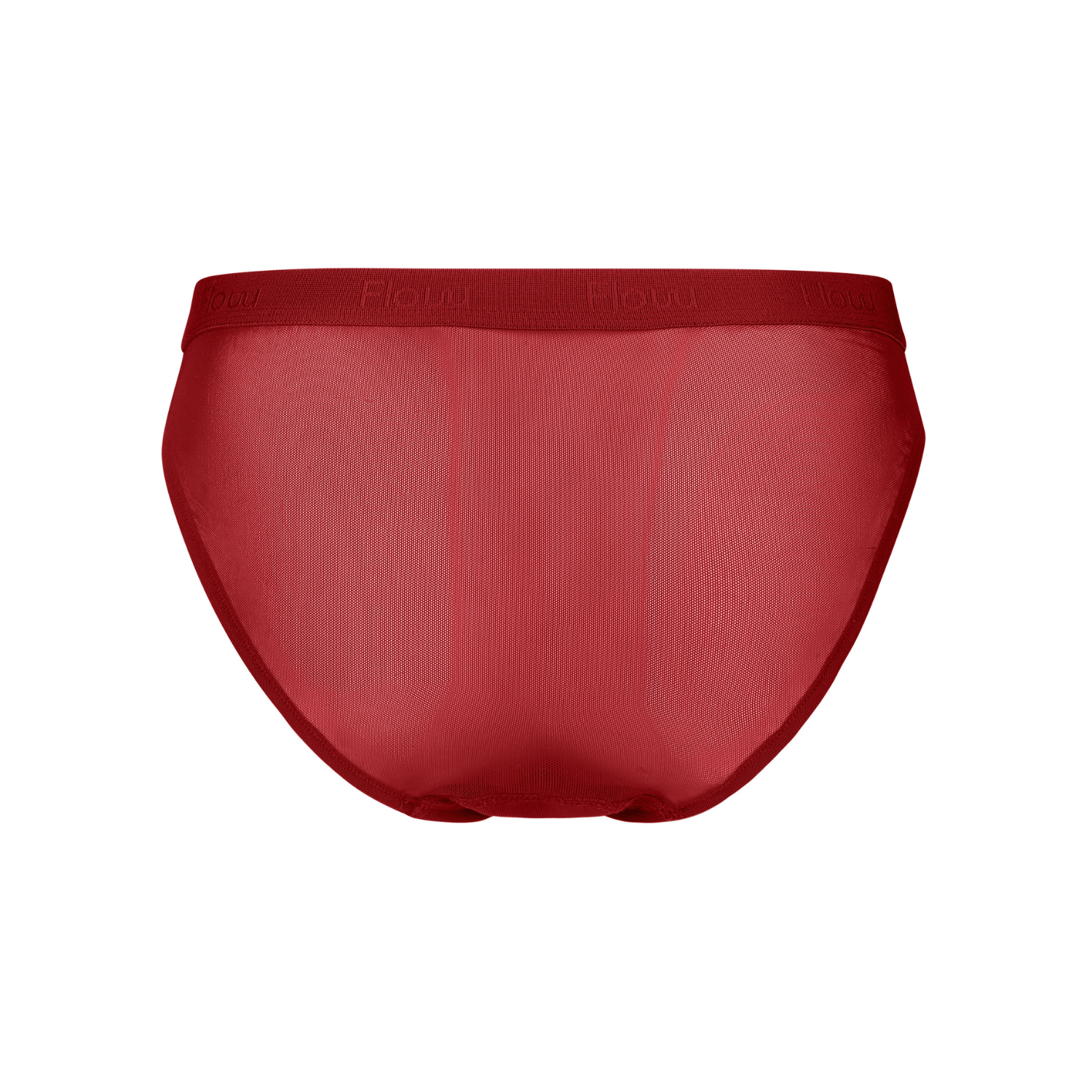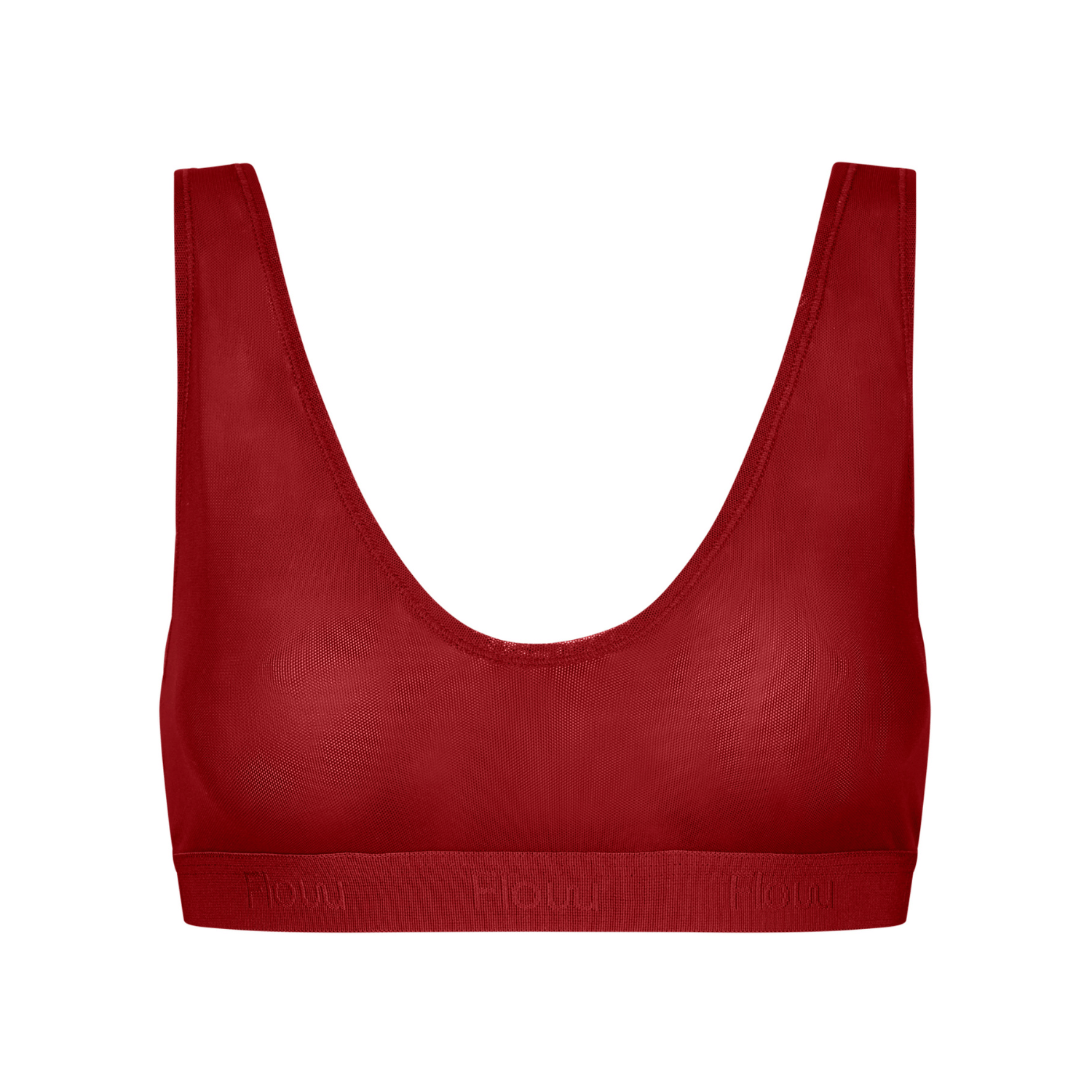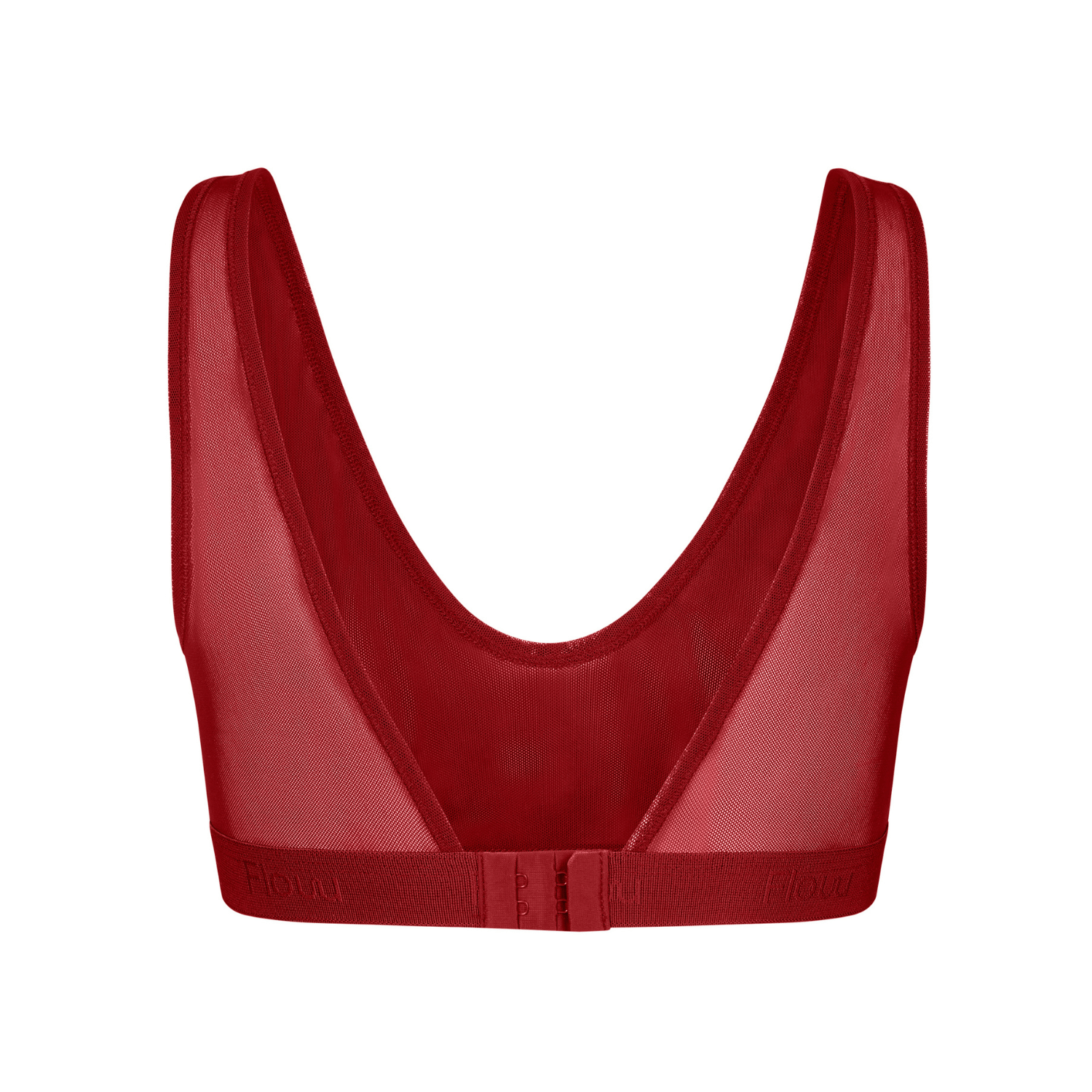5 tips to naturally relieve menstrual pain

Author: Emma Libner
For many, menstrual pain is a constant companion when the days in the cycle app light up red. A little reminder of what time of the month it is, in case you had forgotten. According to the American College of Obstetricians and Gynecologists, about 60-80% of all menstruating individuals will experience pain on the critical days of their cycle at some point in their lives.
The pain can vary from person to person and from one menstruation to the next. It can be sharp and stabbing, dull and constant, or come crashing like a freight train. For some, menstrual pain can significantly impact daily life, relationships, and quality of life. If you experience menstrual pain so severe that regular painkillers are ineffective, it is ALWAYS a good idea to visit a doctor. Severe pain can be a sign of underlying conditions that require medical treatment, such as endometriosis.
In this article, we take a look at some of the things you can do yourself to alleviate the milder forms of pain that many menstruating individuals experience with their period. Fortunately, there are several tips for naturally relieving menstrual pain.
- Keep Your Uterus Warm You probably know the saying, "If it ain't broke, why fix it?" The same goes for the good old heating pad. Heat therapy has long been recognized as an effective method for relieving muscle tension and pain, especially when it comes to menstrual pain. There's a simple reason for this.
Heat works by increasing blood circulation, which can help relax the tight muscles in the lower abdomen that often contract during menstruation. This way, you can easily, effectively, and naturally reduce menstrual cramps. Some studies even suggest that heat therapy can be as effective as painkillers for relieving menstrual pain (although it's hard to draw strong conclusions from the limited research on the subject).
Regardless, a heating pad, a warm cup of tea, a cozy blanket, or a warm bath can help you relax and find peace. And rest, according to researchers, is also beneficial if you experience pain.
- Soothe Your Nervous System with Aromatherapy Aromatherapy is an alternative practice that uses essential oils extracted from plants to promote physical and emotional well-being. Aromatherapy can take many forms. Some have a small aroma diffuser in the bedroom, while others simply add a few drops of the fragrant oil to their bathwater. Although aromatherapy is considered more comforting than scientific, some studies have shown positive results using aromatherapy for treating various symptoms such as anxiety, stress, and pain. Among them is a 2015 study that found inhaling lavender oil reduced menstrual pain in the participants.
While aromatherapy may not work for everyone, it can be worth trying if you suffer from menstrual pain—if only to awaken the senses and become more grounded in your body. In addition to lavender oil, known for its calming and relaxing properties, you can try chamomile oil and peppermint oil, which, besides smelling lovely, are said to have a soothing effect on pain and discomfort.
- Eat Plenty of Magnesium Magnesium is a mineral that plays a crucial role in many biological processes in the body, especially regarding muscle health. When the body lacks magnesium, it is not uncommon for it to respond with sudden muscle cramps—a typical symptom of magnesium deficiency. Therefore, it may not be surprising that several studies have shown that menstruating individuals who suffer from pain during the critical days of their cycle often have lower magnesium levels in their blood compared to those who do not experience pain during menstruation.
What makes magnesium particularly effective in combating menstrual pain is its ability to relax the smooth muscles in the uterus. Additionally, the mineral reduces the levels of prostaglandins, the signaling molecules that cause menstrual pain. Green leafy vegetables, fatty fish, beans, nuts, bananas, and dark chocolate (yes, you read that right!) are all good sources of magnesium. Magnesium supplements are also available at pharmacies and health food stores.
- Boost with Turmeric Turmeric can do much more than add a golden hue to your dishes (and your fingers). In fact, the ginger-like root has been used for centuries in traditional Ayurvedic medicine as a healing herb. This might be because it contains a wonder drug called curcumin.
Curcumin is the compound that gives turmeric its characteristic yellow color. It also has anti-inflammatory properties that can reduce menstrual pain. Like ibuprofen, which also has anti-inflammatory effects. Unlike ibuprofen, however, turmeric does not have side effects, so you can safely add a few extra teaspoons to your food when you have your period.
You can also try a so-called golden latte—steamed plant milk mixed with turmeric powder and a splash of honey. For extra benefits, sprinkle a bit of freshly ground black pepper on top. The active compound in pepper—called piperine—boosts the absorption of curcumin by—hold on—2,000%!
- Practice Yoga and Gentle Movements Although it can be hard to think about exercise when you're bleeding, it can be a good idea to get up from the couch and move your body a little. Gentle exercise such as yoga increases blood circulation and can help relax tense muscles. It can also release endorphins—the body's natural pain-relieving chemicals. Win!
It doesn't even have to be intense to be effective. A Finnish study from 2018 showed that participants who engaged in moderate exercise were happier after their workout than those who completed a high-intensity workout, even though they didn't get as many endorphins as the high-intensity group. The moral is that it's more important to do something you enjoy rather than forcing yourself through a painful workout.
Whatever you choose, remember that pain is a signal from the body that you should heed. Menstrual pain is very common because it occurs frequently among the population. But menstrual pain should never be considered normal just because many of us can relate to it.

